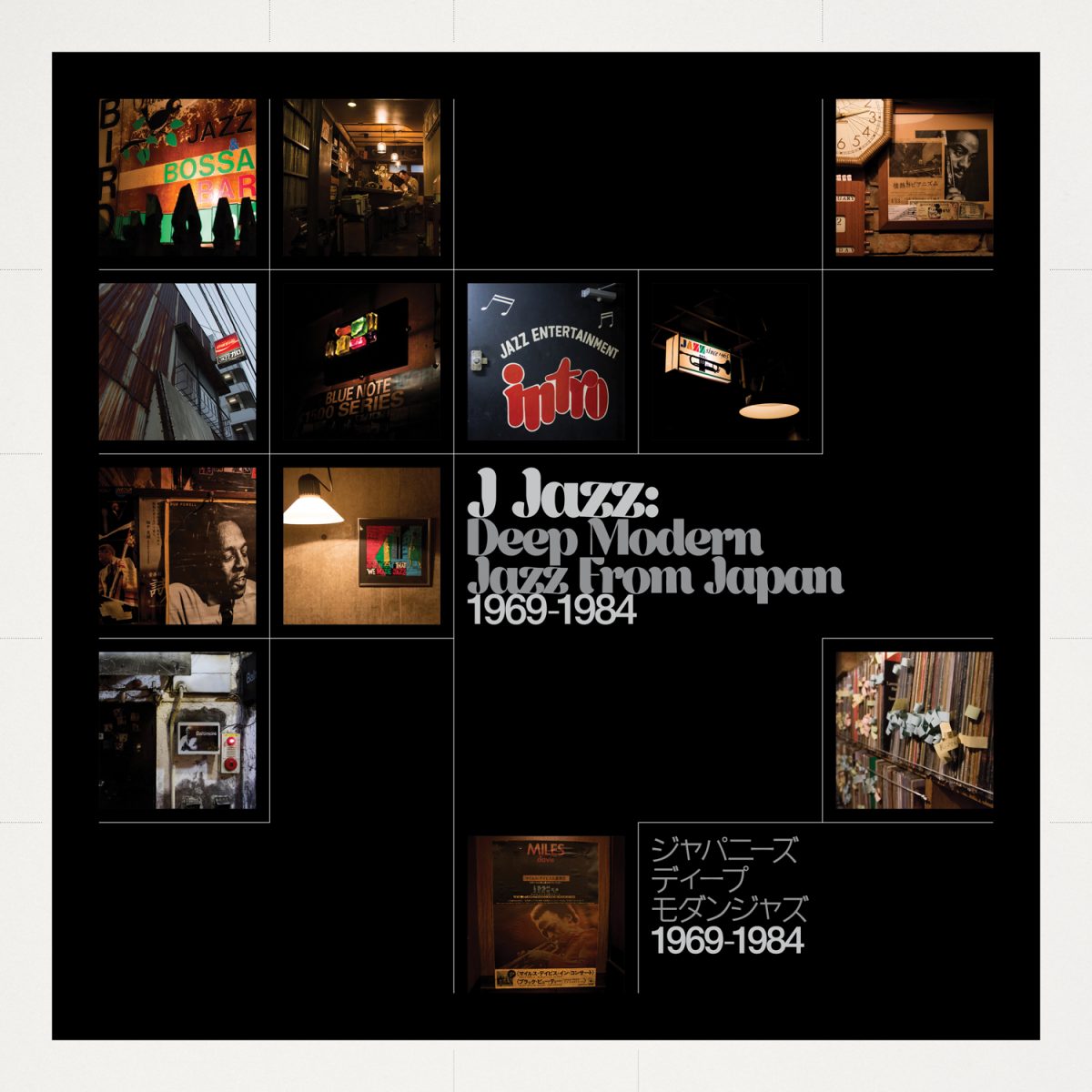Some would argue that the late 50s and early 60s were the most essential time period in jazz. Not in terms of foundation making, but in terms of propelling the music to a whole new level. Davis, Coltrane, Monk, Coleman, Hill, Silver, and so many others pushed jazz from late night grooves and fiery improvisations to forward-thinking and groundbreaking social shifts in the zeitgeist of society. Jazz became a social and political movement as much as it was music for chilling out and just getting lost in. So many essential albums came from this period. Musicians were telling stories and giving us spiritual journeys through their compositions during this time. It was a vital moment in jazz history.
But in the scheme of things, each period that saw a shift in jazz was an important period. And though its easy to assume that the reach of jazz was the most influential in the US and Europe, Japan was just as equally taken by the swing of jazz. Musicians like Koichi Matsukaze Trio, Takeo Moriyama Quartet with Shigeharu Mukai, Takao Uematsu , and Kiyoshi Sugimoto all built their own jazz legacy from 1969 to 1984. They composed some of the most vital and engaging hard bop and post bop in the era, yet so little is spoken of them, at least when compared to their American counterparts.
BBE Records wants to change that with the release of J Jazz – Deep Modern Jazz from Japan 1969-1984. J Jazz is a 12-track collection of some of the best jazz Japan had to offer. It’s a tip of the hat to some of the most underrated jazz musicians you may have never heard of.
Going in completely blind to these tracks is an invigorating experience. Without knowledge or history to bog you down, you’re simply transported to another time and place. Something like Koichi Matsukaze Trio’s “Earth Mover” could easily have come out of New York and not Japan. It’s a grooving monster of a song, mixing elements of McCoy Tyner, Wayne Shorter, and more progressive fare of the mid-70s. Takao Uematsu’s “White Fire” blows in like a brassy storm, bringing to mind the Marsalis clan, as well as newer guard like Kamasi Washington. Tohru Aizawa Quartet’s “Dead Letter” brings to mind Tyner’s “Contemplation” with hints of classical sprinkled into the dramatic piano parts. Mitsuaki Katayama’s “Unknown Point” has a sound all its own, covering early years of musical jazz territory.
One of the things that stands out here is the incredible sound on these tracks. The engineering and production is flawless, giving these songs an almost modern sound. If you weren’t aware that these songs span from 1969 to 1984 you’d think they were newly recorded. The compilation was compiled by Tony Higgins and Mike Peden, both long-time collectors of Japanese jazz. According to BBE Records website:
In the years following World War Two, Japan developed one of the most insatiable, dynamic and diverse markets for jazz. For a crucial period of little over a decade – from the late 1960s to the early 1980s – Japanese jazz culture progressed at an astonishing rate, producing an extraordinary array of artists, recordings and record labels that created some of the most forward thinking and impressive jazz to be committed to tape.
All of that is apparent when listening to J Jazz – Deep Modern Jazz from Japan 1969-1984. This seems to be a lost world of jazz, and one that any true jazz lover would be happy to find themselves in.
J Jazz is available now digitally and on CD here. 3 LP vinyl set can be preordered here and will be shipping on or around June 10th, 2018.










No Comment